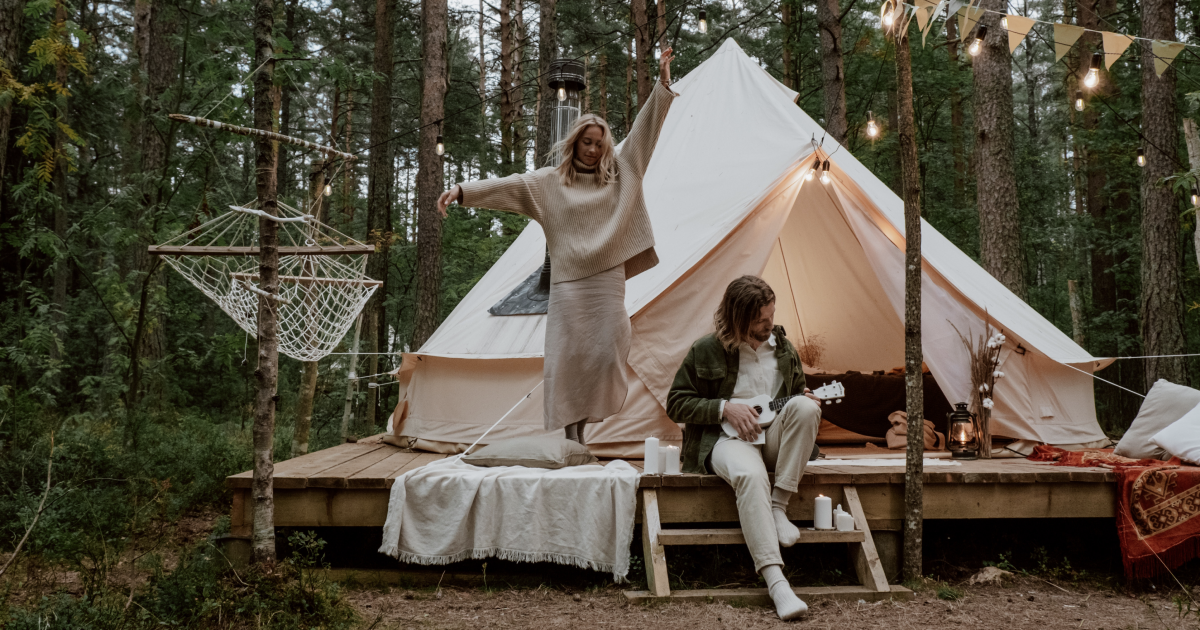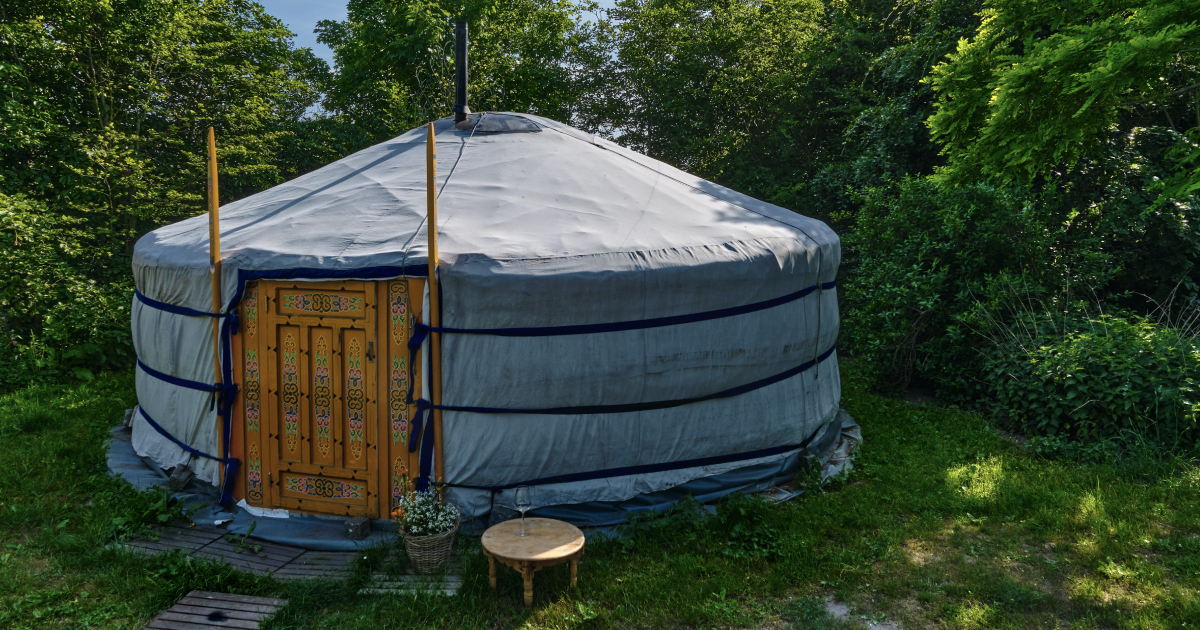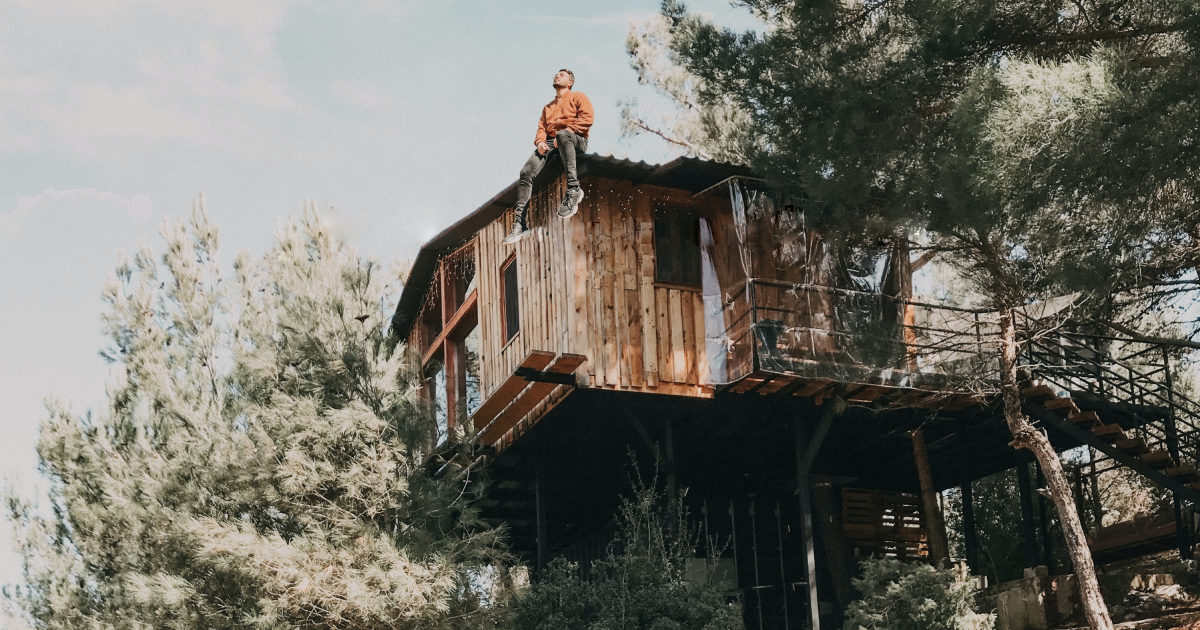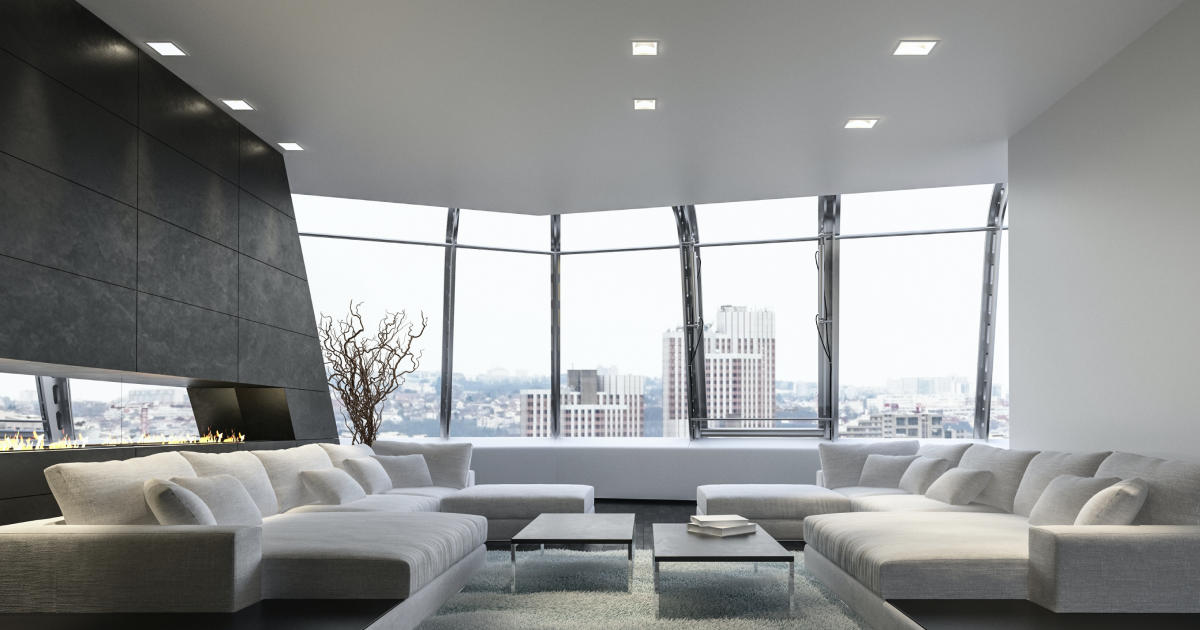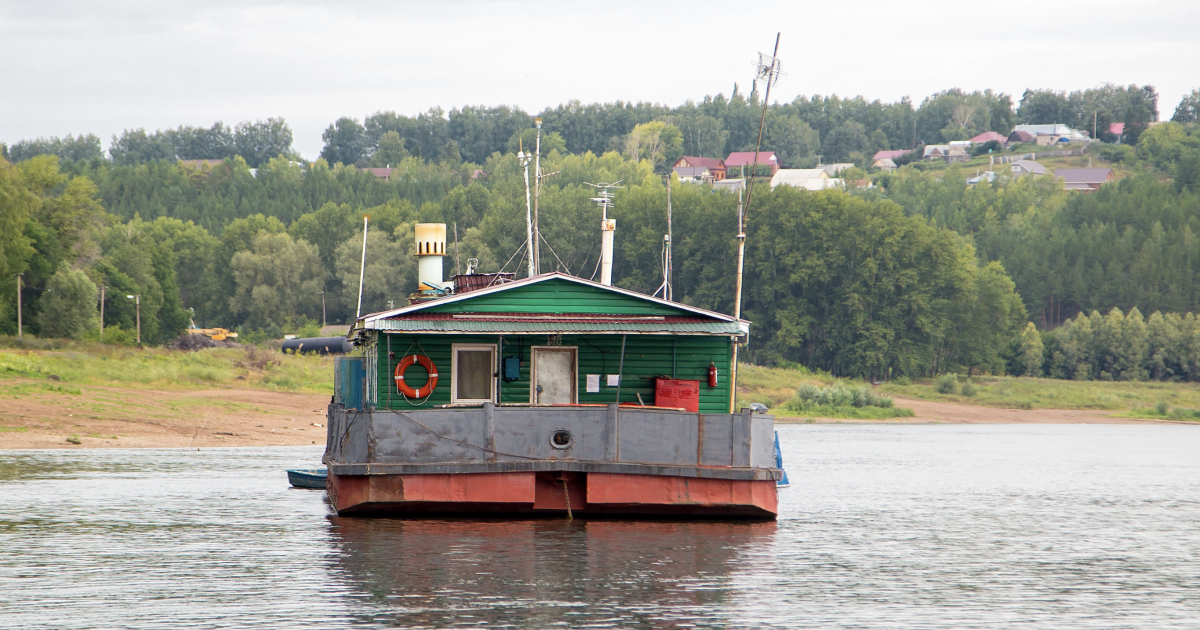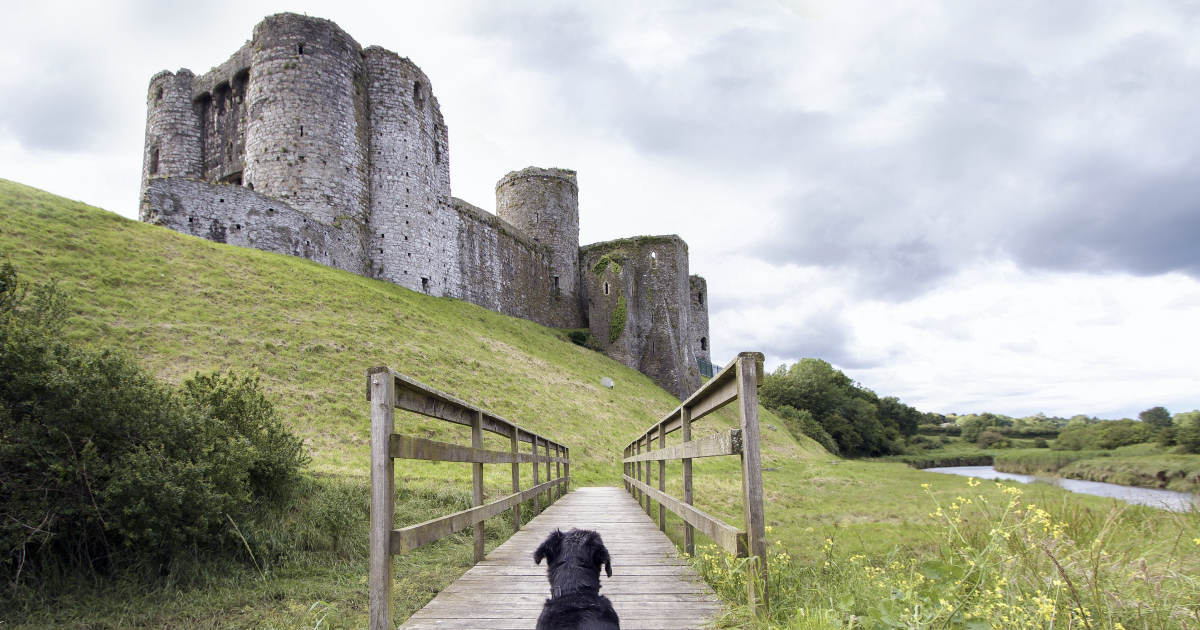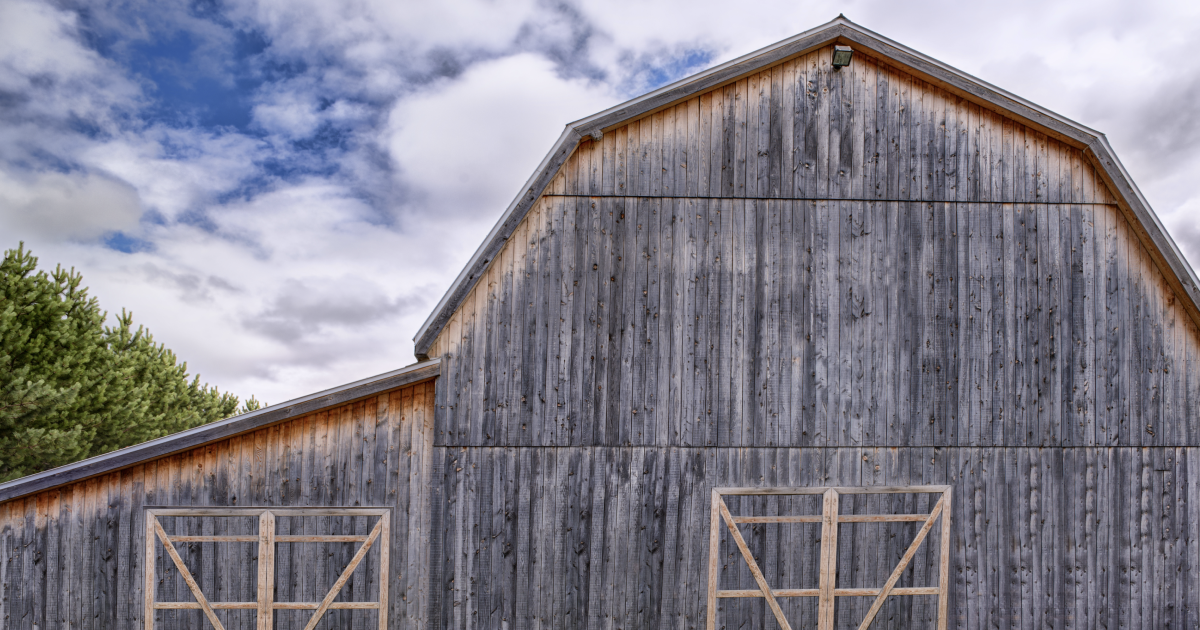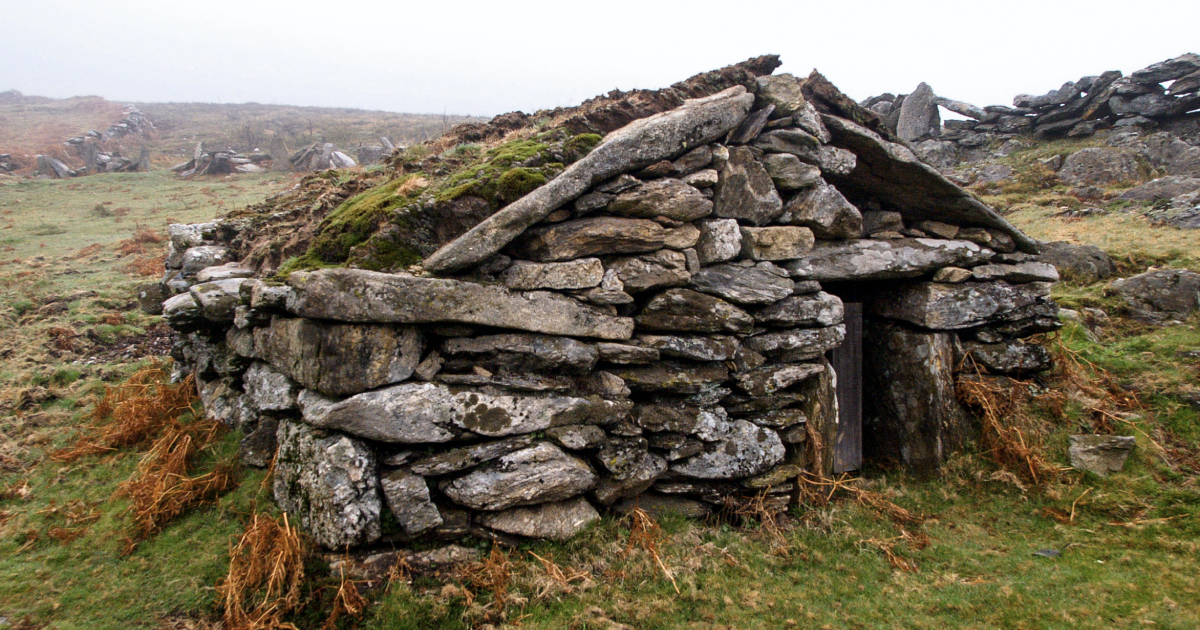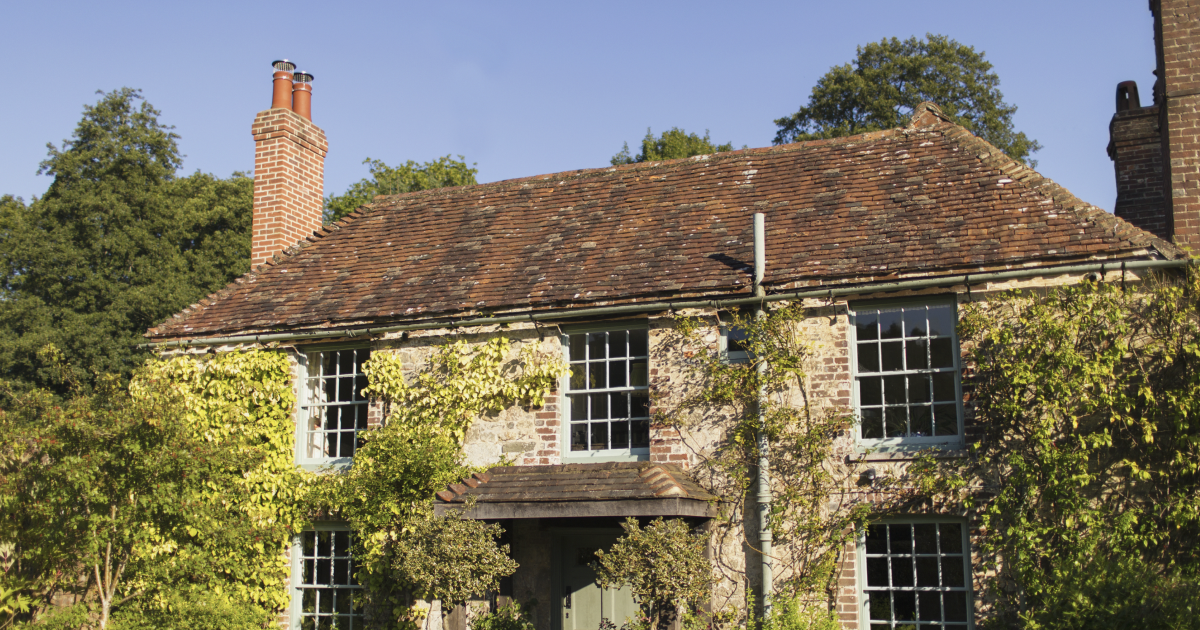Yes, you read that right.
When you run holiday rentals on Airbnb, you should consider how to pay tax on all different types of properties, from penthouses to treehouses. There are different factors that affect how a property is viewed in tax terms.
If you rent out a Furnished Holiday Let (FHL), HMRC sees this as a trade rather than a property business. A property business, in contrast, is an investment business. And this is treated very differently in tax terms.
If your property is classed as a FHL, you will be able to claim certain tax benefits:
- Capital allowances – you can claim these allowances to help you cover the cost of kitting out your property
- Tax-advantaged pension contributions
- Small Business Rate relief – which can enable you to not pay council tax on your FHL
What makes something a Furnished Holiday Let?
An important distinction made is whether you are making profit from the use of the land or from the services forming part of a trade. If your service is more like that of a hotel, it will more likely qualify for the latter.
Below is a selection of services and conditions that qualify a property as a Furnished Holiday Let:
- Be available to let at least 210 days of the first tax year you start trading (even if you don’t host guests for that many days)
- You can’t allow stays longer than 31 days
- It must be commercially let as a holiday property for at least 105 days (unless you’re based in Greater London – scroll down to ‘The 90 night rule’ to read more)
- FYI you can’t count days that either you or your friends/family are occupying the property for free or for mates’ rates
- You must furnish the property
Read more about FHL on the HMRC website.
The 90 night rule
When you host a property in London, there’s a rule that restricts you from hosting for more than 90 days during a calendar year. This is because when you turn residential property into a rental in London, you need to get planning permission. This planning permission is known as change of use; however, it only affects properties that are rented for more than 90 nights of the calendar year.
If you do want to host for longer than 90 nights in a year, you will have to apply for planning permission to do so. Otherwise, the cap will be applied to your property automatically. Read more about how this works on this Airbnb guide.
What properties will I owe tax on?
Essentially, all of them. Whatever you’re renting out, you’ll owe tax like anyone else. Here are some of the more niche accommodations that you may not have considered in terms of tax purposes.
1. Glamping
2. A yurt
3. Treehouse
4. Penthouse
5. A boat
6. A castle
7. A barn
8. Hut
9. Igloo
10. Cottage


